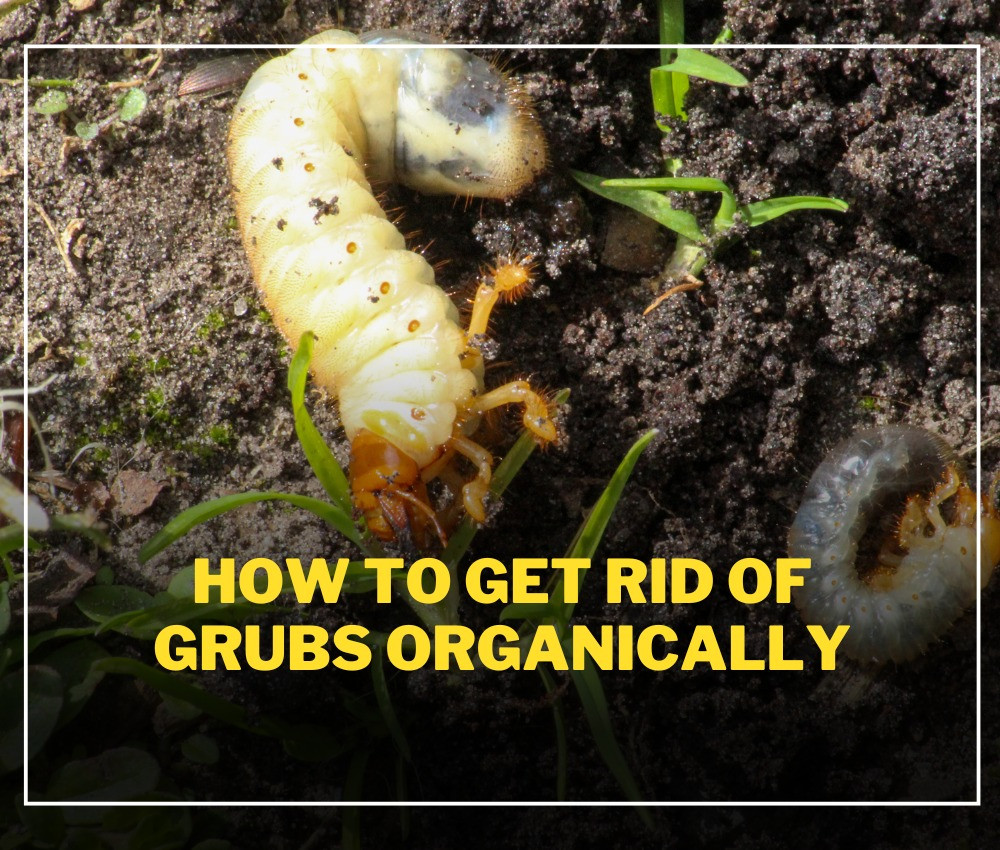How to Get Rid of Grubs Organically
Discover natural solutions for grub infestations: beneficial nematodes, milky spore, neem oil, and soil health practices. Safe, eco-friendly pest control
In the realm of gardening and lawn care, few things can be as frustrating as discovering a grub infestation. These small, white larvae of beetles can wreak havoc on your grass, causing brown patches and ultimately killing your beloved plants if left unchecked. While chemical solutions are readily available, many gardeners are opting for organic methods to address grub problems, mindful of environmental impact and personal health. In this guide, we'll explore some effective organic strategies for eliminating grubs from your garden or lawn.
Understanding Grubs
Before diving into eradication methods, it's essential to understand the life cycle of grubs. Grubs are the larval stage of various beetles, including Japanese beetles, June bugs, and European chafer beetles. They hatch from eggs laid in the soil and feed on grassroots, causing significant damage to lawns and gardens during their development stage. Typically, grubs are most active during the spring and fall months, making these times crucial for control efforts.
1. Beneficial Nematodes
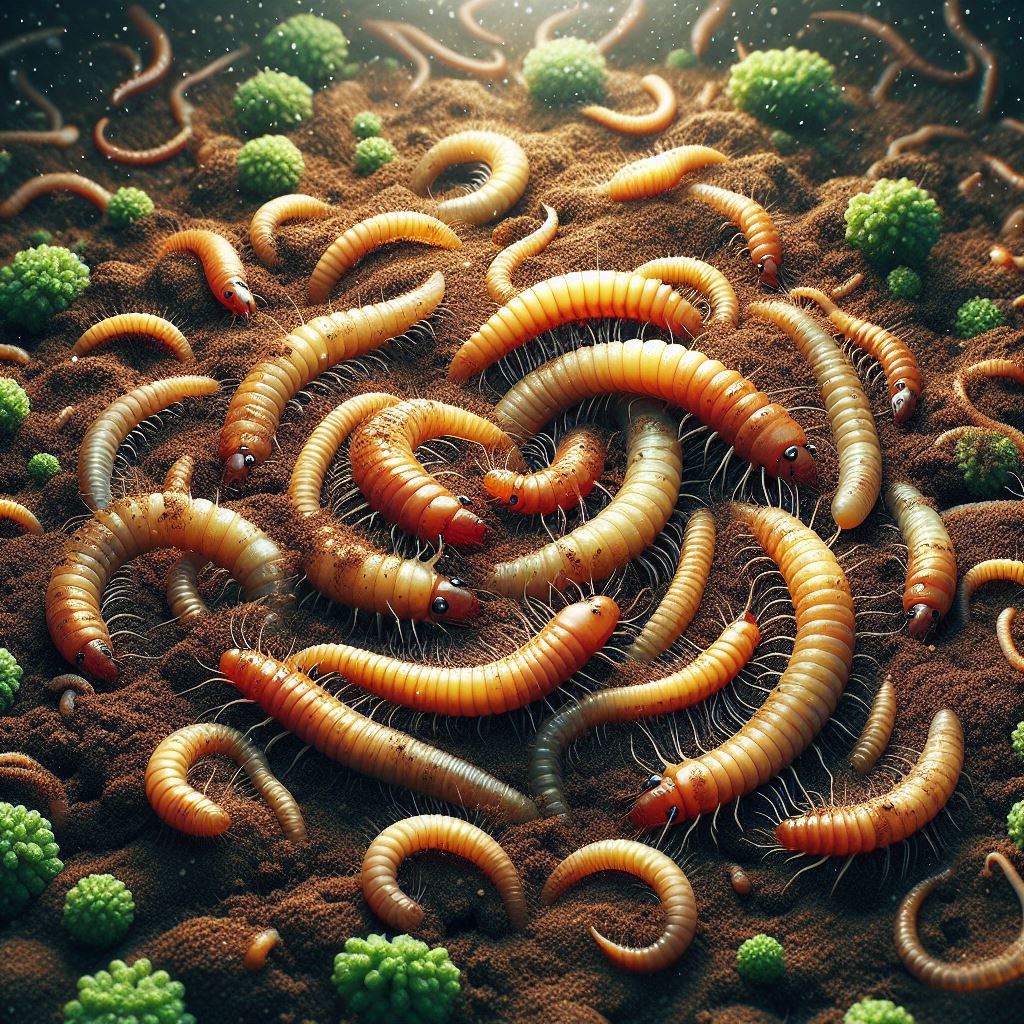
One of the most effective organic solutions for grub control is the use of beneficial nematodes. These microscopic organisms are natural predators of grubs and can significantly reduce their population without harming other beneficial insects or plants. Beneficial nematodes are applied to the soil, where they seek out grubs and release bacteria that kill them within days. This method is not only environmentally friendly but also safe for children, pets, and wildlife.
2. Milky Spore
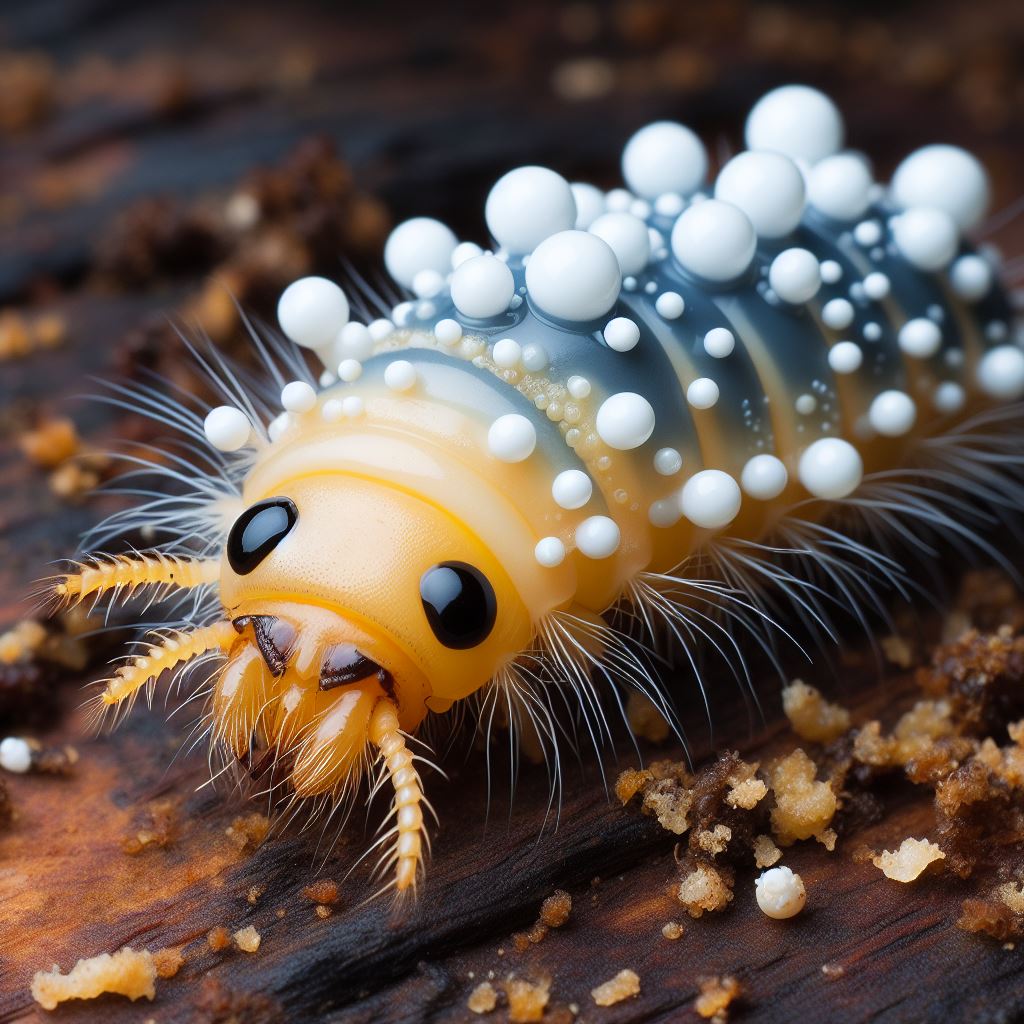
Milky spore is another biological control method that targets Japanese beetle grubs specifically. This naturally occurring bacterium, Bacillus popilliae, infects and kills grubs, disrupting their life cycle and preventing future generations of beetles. Milky spore is applied to the soil and becomes active once ingested by grubs, making it a long-lasting solution for grub control. While it may take some time to see results, milky spore can provide years of protection against Japanese beetle infestations.
3. Neem Oil
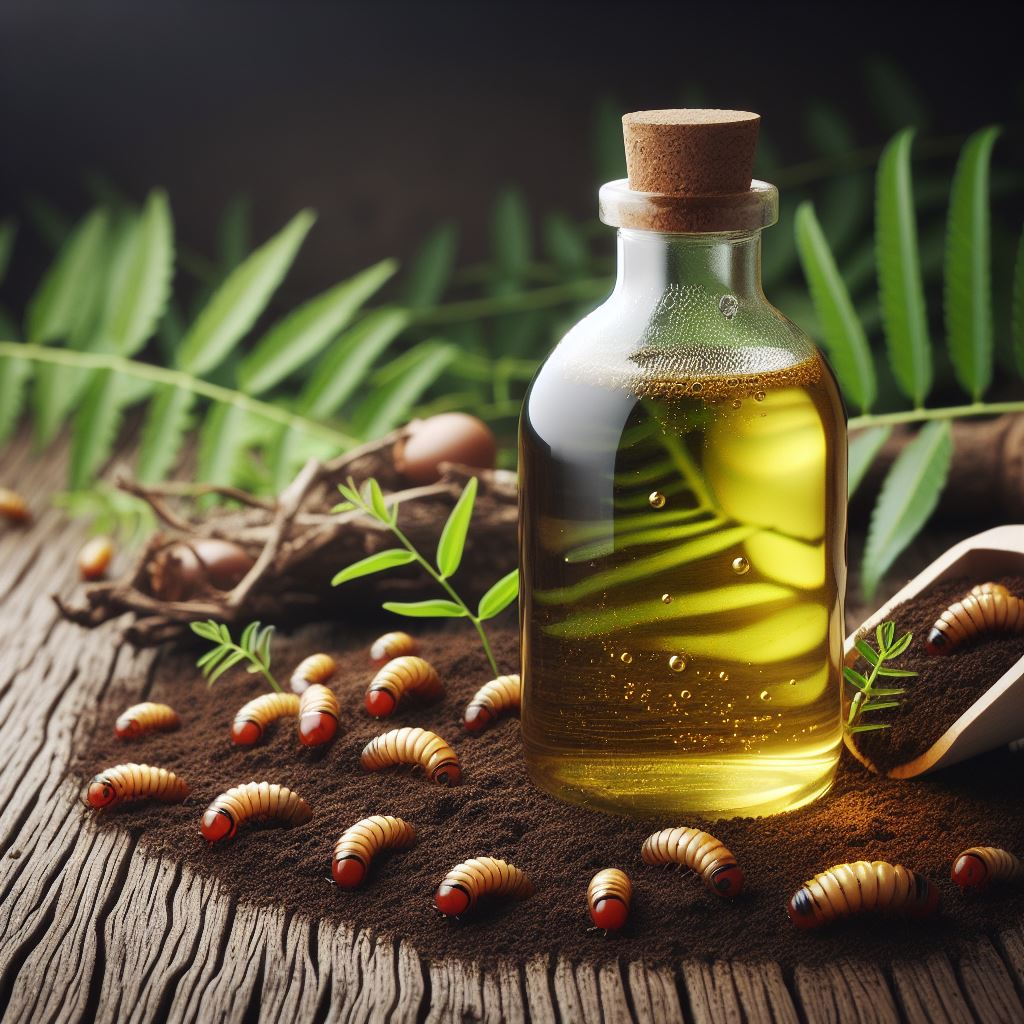
Neem oil is a versatile organic pesticide derived from the seeds of the neem tree. It contains azadirachtin, a compound that disrupts the growth and development of insect pests, including grubs. Neem oil can be diluted with water and sprayed onto affected areas of the lawn or garden to target grubs and other pests. Additionally, neem oil has fungicidal properties, making it a valuable tool for overall plant health.
4. Manual Removal
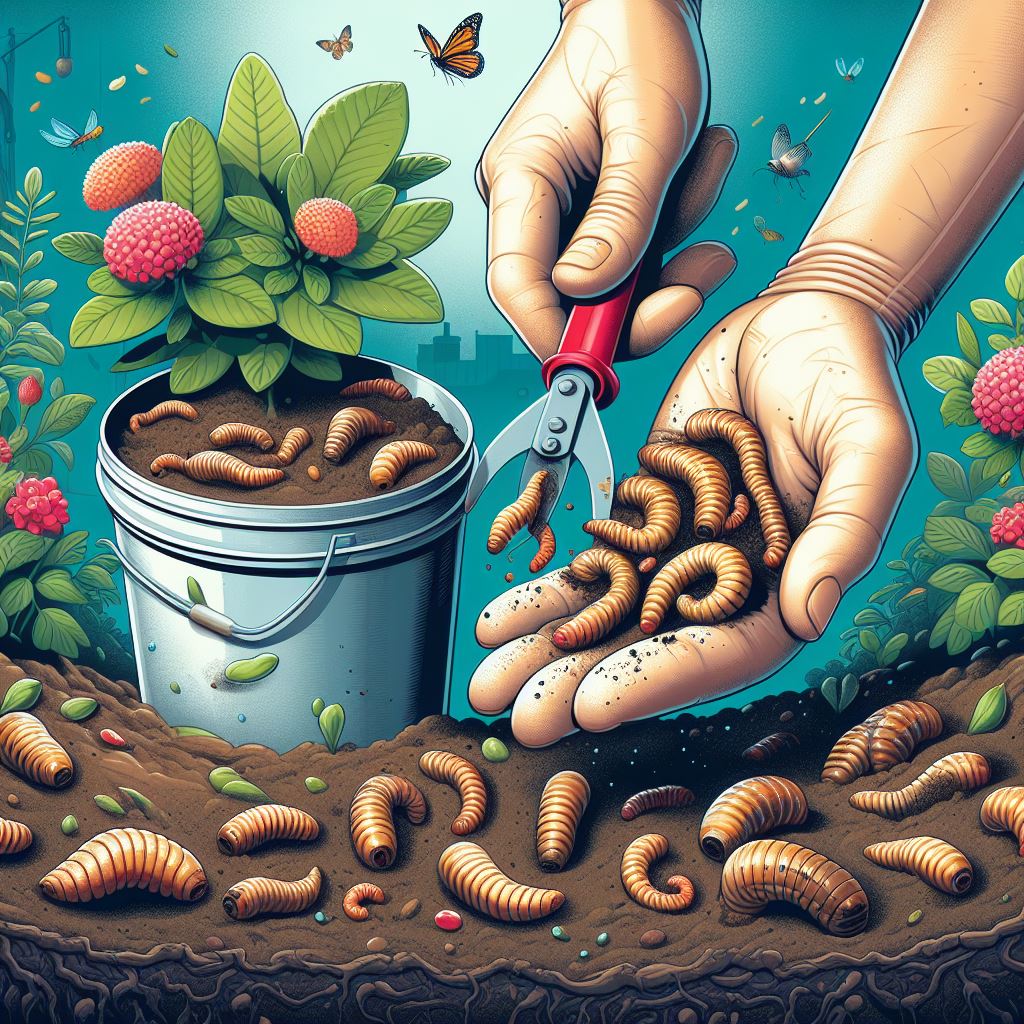
While not the most glamorous method, manually removing grubs from the soil can be an effective way to control infestations in small areas. Simply dig into the soil around affected plants and search for grubs by hand. Once found, dispose of them by placing them in a bucket of soapy water or feeding them to birds, chickens, or other wildlife that feed on insects. While labor-intensive, manual removal can be a satisfying and eco-friendly way to tackle grub problems.
5. Soil Health
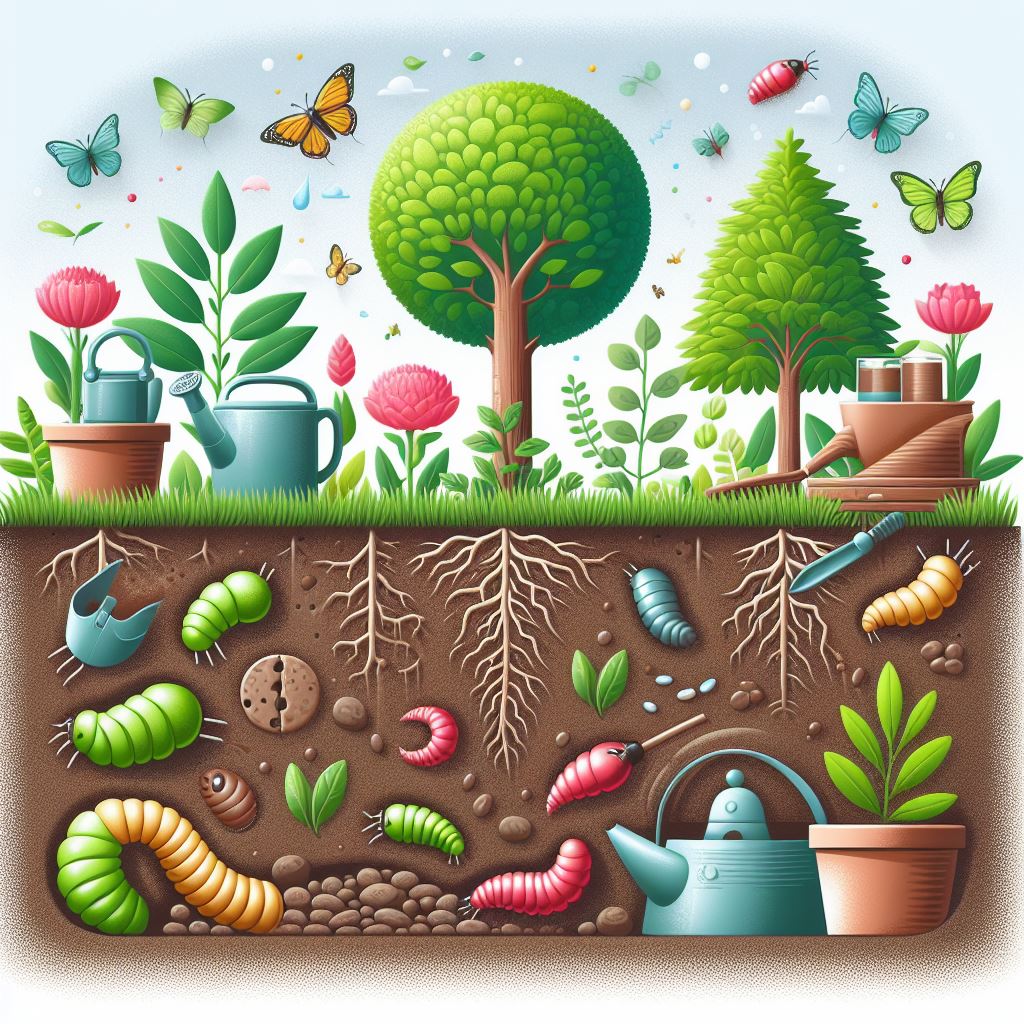
Maintaining healthy soil is essential for preventing grub infestations in the first place. Aerating the soil, avoiding overwatering, and promoting good drainage can help create an environment that is less hospitable to grubs. Additionally, promoting a diverse ecosystem in your garden or lawn by planting a variety of flowers, shrubs, and trees can attract beneficial insects that prey on grubs and other pests.
Also Read: How to Get Rid of Grubs Guaranteed (4 Easy Steps)
Conclusion
While grubs can be a nuisance for gardeners and lawn enthusiasts, there are plenty of organic solutions available for controlling these pesky pests. By understanding the life cycle of grubs and implementing natural control methods such as beneficial nematodes, milky spore, neem oil, manual removal, and soil health practices, you can effectively manage grub infestations without resorting to harmful chemicals. Not only are these organic methods safer for the environment, but they also promote overall ecosystem health, creating a sustainable approach to pest management in your garden or lawn. So, next time you encounter grubs in your yard, remember that there are natural solutions at your disposal to restore balance and harmony to your outdoor space.
